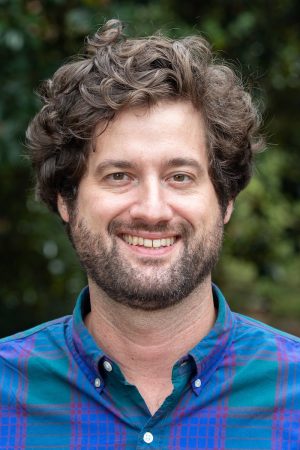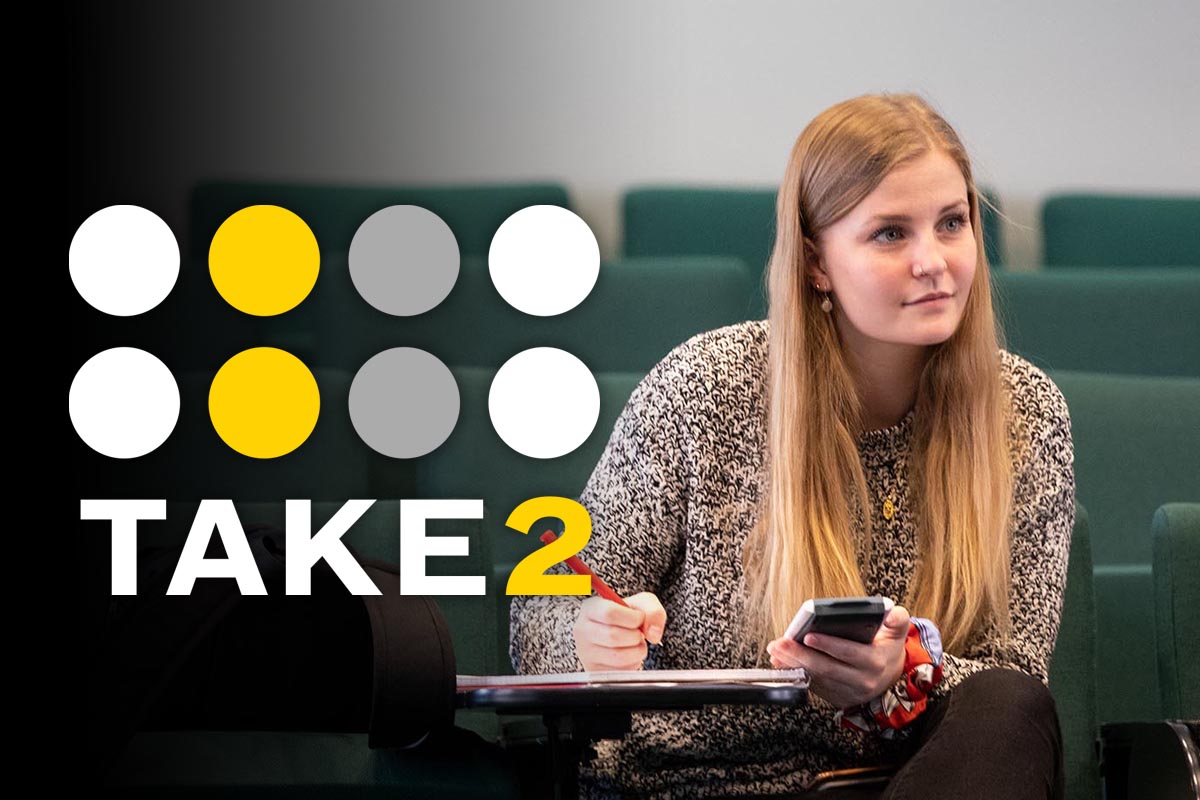Meet the faculty: A Q&A with political science professor Aaron Shreve

Aaron Shreve
Randolph College’s 2019-20 academic year is officially underway, and several new faces have joined the faculty.
After serving as a visiting faculty member the previous two years, political science professor Aaron Shreve is one of the new permanent additions this fall:
Where are you originally from and what is your career/educational background?
I was born and raised in North Dakota, and I earned my B.A. in political science from Minnesota State University Moorhead. I went on to earn a master’s degree in security and intelligence studies at the Graduate School of Public and International Affairs at the University of Pittsburgh. After a couple of years on the East Coast, I moved to northern California, where I earned my Ph.D. in political science from the University of California, Davis. At UC-Davis, my subfields in political science were international relations and political methodology (applied statistics). My dissertation examined how status and prestige motivations influence the foreign policy behavior of states. My current research examines the relationship between status and prestige and
- foreign aid and peacekeeping,
- arms and military build-ups, and
- conflict.
What attracted you to the job at Randolph? And what made you want to stick around?
I was attracted to and continue to enjoy Randolph due the sense of community shared by all, the curiosity of the students, the wonderful faculty, and the amazing staff. Randolph truly is a special and unique place to learn and work.
What classes are you teaching this fall and what are some of the classes/highlights from the time you’ve already spent here?
International Relations, Foreign Policy Analysis, and Globalization. We have had exciting and stimulating discussions in all these classes so far, and I look forward to many more.
Describe your teaching style. What can students expect in your classes? Or, what kinds of feedback have you gotten from students you’ve already taught?
My main goals are to provide students with
- the ability to critically analyze and evaluate issues and ideas and
- to synthesize and communicate their analyses.
This involves looking for empirical patterns to support or contradict theories, critically analyzing current events, and presenting arguments and supporting evidence in a clear, concise, and convincing manner. As a result, I emphasize the link—often the lack thereof—between academic debates and theories with policymaking.
The purpose of emphasizing the academic-policymaking link is to provide students a toolbox in order for them to be an active citizen in a global community. Students can also expect a heavy reliance on data in my courses.
What are your impressions of Randolph and its students?
The entire Randolph community is very warm and welcoming, making the transition to the College and Lynchburg much easier. I was and continue to be impressed with how much Randolph faculty care about the students. I am impressed with how involved the students are and how much they care about their education and community. Finally, I love the campus and the natural beauty of the surrounding area.
What sorts of hobbies or fun activities do you enjoy outside the classroom?
I enjoying spending time with my partner, Alexis, my cats, Lewis and Clark, and my niece, Norah. I also like to read (ranging from spy novels, the American West, wine, military history, and nuclear weapons), traveling, cooking (mostly Mexican cuisine), running and hiking. I still enjoy basketball, so let me know if there is a pick-up game!
In this story
Engaging, interactive classes are a hallmark of a Randolph College education and it all starts with our professors. Learn more about…

